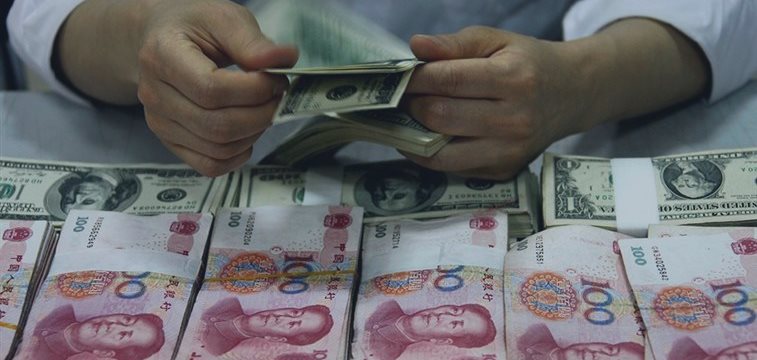
Last year, foreign currency reserves in emerging markets dropped for the first time in twenty years, mostly due to lack of competitiveness, capital outflows and fears of US tightening monetary policy.
That decline could restrain emerging economies’ ability to carry on buying US and European debt, a trend that has been an engine of growth in the west over the past decade.
Nine out of 10 polled economists said emerging markets had passed a period of “peak reserves” and might continue to see their stashes of foreign currency shrink for months.
On Tuesday the International Monetary Fund said that total foreign currency reserves in emerging and developing economies fell $114.5bn year on year in 2014 to $7.74tn — the first annual decline since the IMF data series began in 1995. At their highest level, emerging market reserves reached $8.06tn at the end of the second quarter last year.
Data compiled by ING Investment Management for the leading 15 emerging economies demonstrate that the decline accelerated in January and February this year, when reserves contracted by a total of $299.7bn. The ING data also showed that reserves shrank year on year for an unprecedented three months in December, January and February.
Throughout a decade, growing reserves from $1.7tn at the end of 2004 in emerging markets have been a foundation stone in the world economy. Much of the
capital that emerging markets absorbed from trade surpluses, portfolio
inflows and direct investments was recycled into US and European debt
markets, helping to finance debt-fuelled growth in developed economies.
According to economists, this tendency may now be going into reverse.
“This all points to something more worrying. If emerging markets are no longer accumulating forex reserves, the world’s savings glut may be more apparent than real,” said Frederic Neumann, economist at HSBC. The world will “sorely miss” the recycling of emerging market reserves when the west’s easy monetary policy turns tighter, he added.
China played an important role in this dynamic. The “China carry trade” - in which Chinese speculators slashed their foreign borrowing as the yuan weakened this year - propelled net outflows from the country’s capital account of a record $91bn in the fourth quarter of 2014.
Such capital outflows, however, are not confined to China. Concerns about Fed's tightening monetary policy in a strong dollar environment has also spurred emerging market borrowers to trim their exposure to loans denominated in the greenback. Moreover, developed market investors have cut their risks in some emerging markets.


